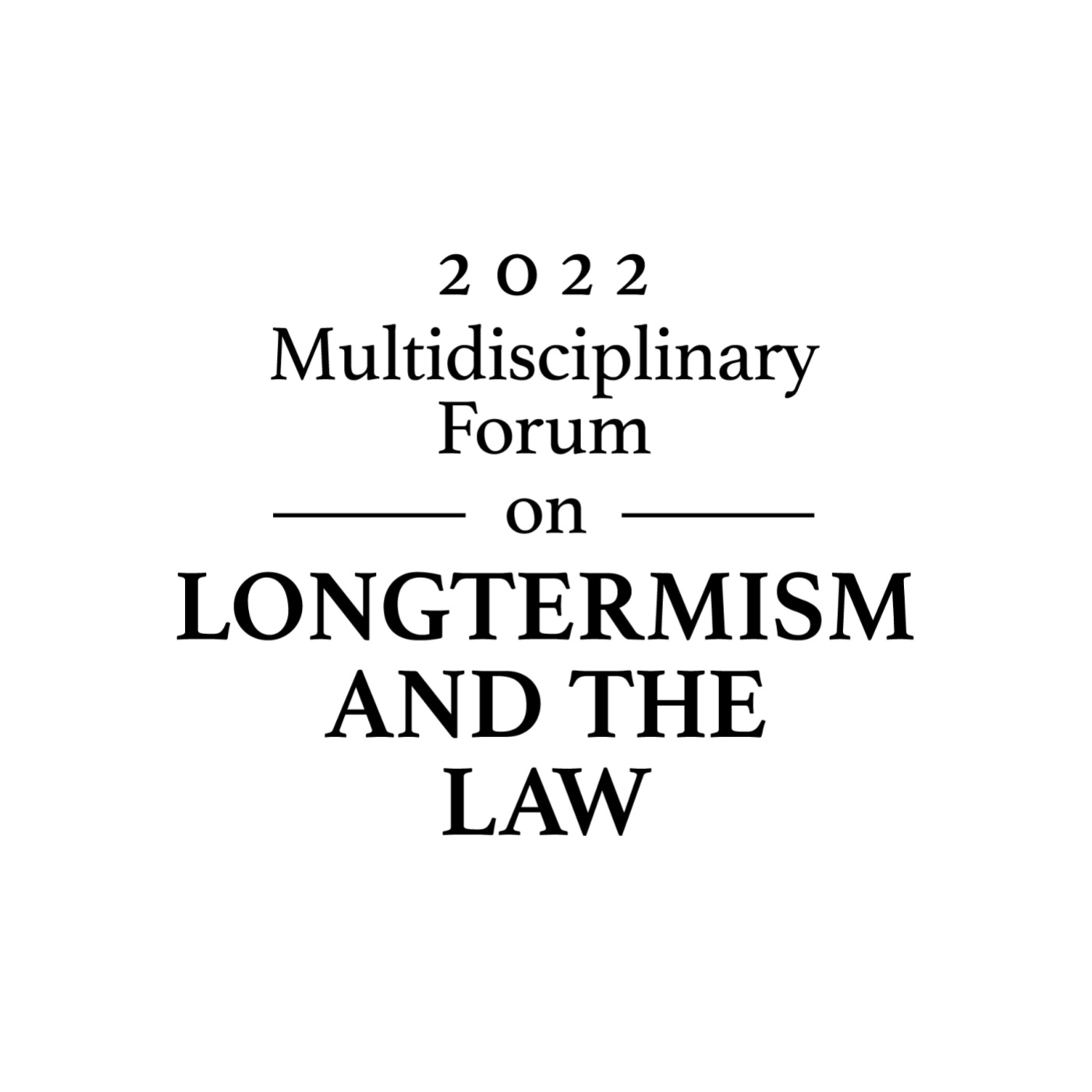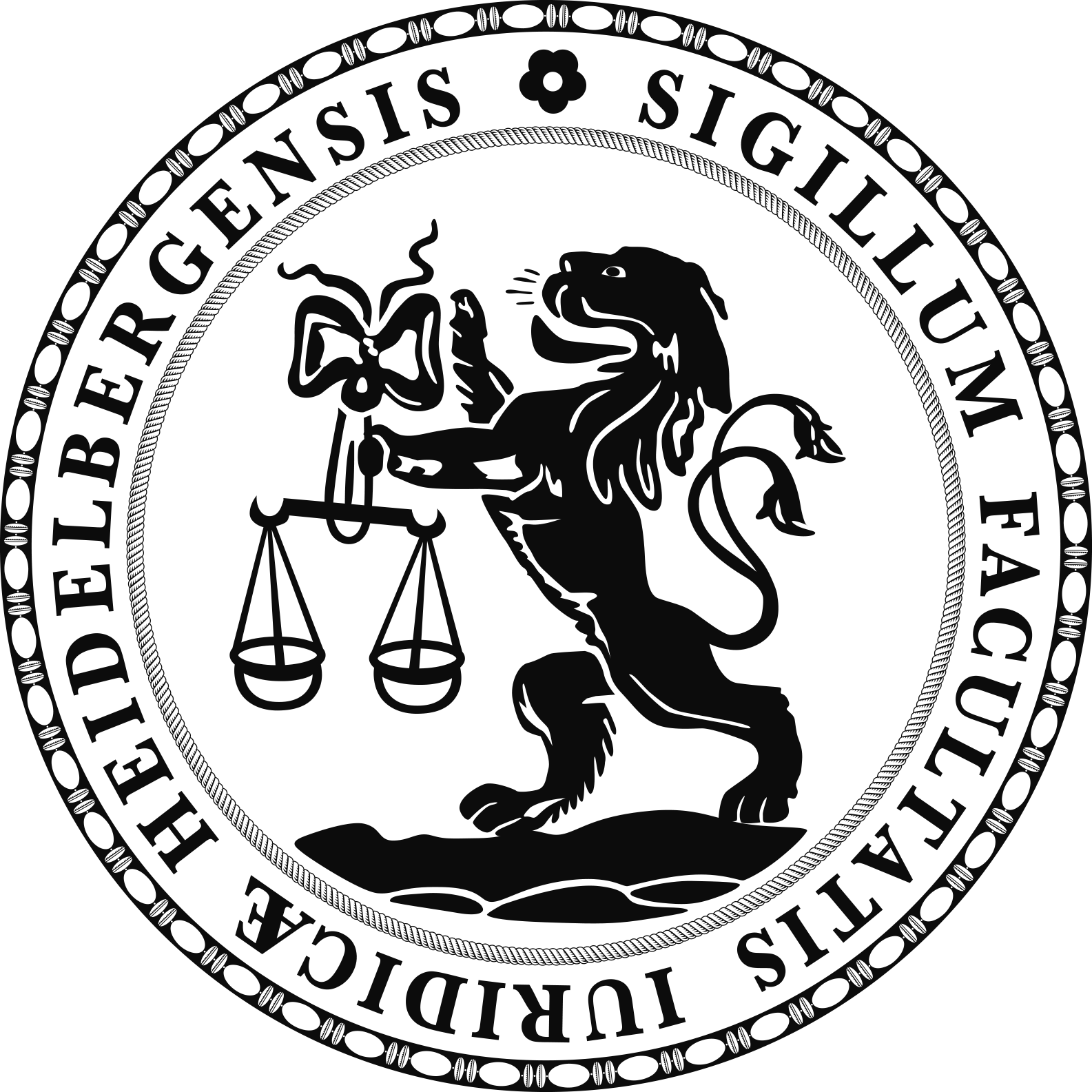Out of Sync
For most of you, the Bundestag election is in the past: four months ago, on 26 September 2021, Germans have cast their votes, and the Bundestag they elected has convened, elected a chancellor, the government is in office and the legislative period is in full swing.
But for several hundreds of thousands of voters, including me, the Bundestag election may be in the future. I live in Berlin-Wilmersdorf. My voting district no. 80 is one of the six for which the Federal Election Commissioner, Georg Thiel, has appealed against the validity of the election because of the unspeakable conditions under which they took place in so many Berlin polling stations. Our esteemed colleagues from the transparency platform FragDenStaat.de have thankfully been able to obtain this previously non-public document. If one follows the Federal Election Commissioner’s logic, the election in these six Berlin districts is clearly invalid. In which case § 44 of the Federal Election Act demands in principle that it must be repeated.
Repeat elections occur rarely and usually only on a local level, if at all. The fact that half the federal capital would have to cast their ballots at the national parliamentary elections half a year or a year later than the rest of the republic would be a matter of a completely different quality, of course.
++++++++++Advertisement++++++++

Recently published:
Rome Statute of the International Criminal Court, 4th edition
The Article-by-Article Commentary, founded by the late Otto Triffterer, is the leading commentary on the Rome Statute. The editor, Kai Ambos, and a number of eminent legal practitioners and scholars in the field of international criminal law give a detailed analysis of the Statute of the International Criminal Court (ICC). For further information including a special offer please click here.
+++++++++++++++++++++++++++
The facts are well known: On 26 September last year, not only federal, but also state and local elections took place in Berlin, as well as a referendum of immense political and social importance and a sports event with 30,000 participants and tens of thousands of spectators which made it virtually impossible to get from A to B in large parts of the city. And all of this under COVID conditions. The result was that an undetermined, but at any rate considerable number of voters were effectively deprived of their right to vote. In three voting districts (including mine) with a total of 652,461 eligible voters, there were too few or the wrong ballot papers in a large number of polling stations, which sometimes had to close for several hours and send the voters home empty-handed. Descriptions of the scenes that took place are here and here. In three other voting districts with a total of 601,882 eligible voters, there were such long queues that people were sometimes only able to cast their votes hours after the polling stations had officially closed.
According to the Federal Election Commissioner, an election under such conditions is neither universal nor free. It is not universal because not all voters had equal access to the ballot box. It is not free because the organisational deficiencies impaired the voters in their free decision to go to the polls or to stay away from them. “In particular, persons of advanced age or persons with physical limitations or disabilities may be unable to stand for long periods of time. Such persons are then effectively excluded from voting simply because of their physical constitution. This was the case in an undetermined number.”
The fact that the election was flawed in this way can hardly be disputed, but that is not the point: the election review procedure is not primarily about reinstalling voters in their individual rights, but about the validity of the election as a whole. It is the correct composition of the Bundestag that matters. According to the Federal Election Commissioner, it could at least not be ruled out that this composition is indeed incorrect. The difference for the flaws to become relevant in terms of mandates is only 802: That is the number of additional proportional votes the SPD would have needed nationwide to win another seat in the Bundestag. The Federal Election Commissioner hypothetically considers this to be quite possible, with 31,605 non-voters in the voting districts concerned as the upper limit of the number of frustrated voters who had been turned away. In terms of direct votes, the constituency of Berlin-Reinickendorf was won by the CDU politician Monika Grütters with a slim margin of 1,788 votes before the SPD candidate Torsten Einstmann. “If only 17.9% of the 9,994 non-voters in the constituencies concerned had exercised their right to vote, it cannot be ruled out at least that the direct mandate would have been won by the first runner-up.”
No one can say how the voters who could not vote would have voted if could have. The Federal Election Commissioner rightly does not even try, but asks whether a different distribution of mandates is in any case within the realm of the mathematically possible. The uncertainty counts in the disfavour of the flawed process, not in its favour, which seems logical enough to me. How methodically sound the calculations of the Federal Election Commissioner are is another matter.
It will now be for the Bundestag’s electoral review committee to form an opinion on this. The committee was constituted this week and now has to examine more than 2000 objections, most of them from Berlin. The procedure is that the committee – probably after an oral hearing – proposes to the Bundestag a decision on the validity of the contested election and the consequences resulting from an invalidity, which the plenum then either adopts by a simple majority or refers back to the committee. Normally, this procedure receives little public attention, and the committee is usually in no particular haste to conclude it, but in a high-profile case like this, its members may be wary of to giving the impression that they may seek to deal with the problem through the passage of time. If the committee recommends to the Bundestag that the election in these Berlin voting districts be declared invalid, and the Bundestag accepts, the election must be repeated within 60 days, unless there is an appeal to the Federal Constitutional Court which prima facie I don’t see who could or would want to file in such a scenario.
However, the matter is complicated by the fact that these electoral flaws affect not only the Bundestag elections but also the elections to the Berlin House of Representatives – and here a completely different electoral review procedure applies. On the Berlin state level, it is not parliament that is responsible for examining the objections, but the state constitutional court, which, I am told, will make an announcement about this matter next week. What appears both tricky and interesting to me, though, is the question of what actually happens when one and the same electoral error will be considered relevant by the Federal Electoral Review Commission but not by the Constitutional Court for Berlin, or vice versa. Technically, these are two different legal regimes, state and federal electoral law. But politically, I find it hard to imagine that one election could be repeated and not the other even though both were flawed in the same way, without further erosion of trust in democracy. Under Berlin electoral law, the election to the House of Representatives would have to be repeated within 90 days of the (per se final) decision of the Constitutional Court and in observance of its concrete guidelines. How do you synchronise this? Shouldn’t the Election Review Committee and the Constitutional Court coordinate their decisions somehow? But how, and in which procedure?
I realise that repeat elections of this sort are in general an exceedingly difficult and problematic matter. Elections exist to determine the political preferences of the electorate at a definite point in time, equal for all. They synchronise politics like the bar line synchronises the orchestra score. This is all thrown into disarray when a few hundred thousand Berliners suddenly get to cast their votes at a completely different time, in a completely different political situation, with completely different knowledge and intentions, than everyone else had.
++++++++++Advertisement++++++++

The University of Hamburg and The Legal Priorities Project announce the call for proposals for the 2022 Multidisciplinary Forum on Longtermism and the Law, to be held at the University of Hamburg and virtually from 9 – 11 June 2022.
Proposals are due by 15 February 2022. As part of the Forum, a blog symposium with also be conducted with Verfussengblog. For more information regarding the forum and submissions, see here.
+++++++++++++++++++++++++++
Plus, it’s not as if that this would repair the damage in any way. Trotting to the polls months after the election is over, to participate in the election of a Bundestag that is already very much at work for quite some time, with a much lower turnout probably, will not exactly be a satisfying experience for those who were deprived of their right to vote in the real election.
But that is perhaps not what matters most. That is simply not letting the Berlin administration get away with this. Metaphorically speaking, it is not a matter of just tort law, but of criminal law: something outrageous has happened and must be atoned for. To have the Berlin administration organise this repeat election again, as laborious, expensive, complicated and risky as it will be, as a visible sign that an enormity such as the Berlin election of 26 September 2021 must not stand – that is a service to democracy.
In Hungary, already in April we may see big-time electoral manipulation at the hands of the government of an EU member state. In the USA, many Republican-dominated states are systematically working to make it as hard as possible for minorities to cast their ballots. In Berlin, it was merely an excess of stupidity that caused the mess, not a will to manipulate, to be sure. But here, too, the impression must not be created that this sort of thing is optional.
The week on Verfassungsblog
Would compulsory vaccination be proportionate? No, argued Ute Sacksofsky last week. KLAUS FERDINAND GÄRDITZ disagrees: In his view, the argument that not the objective weight of the encroachment on fundamental rights is what matters but the self-image of those affected, deprives the proportionality test of its rationalising function. UTE SACKSOFSKY, for her part, finds this criticism partly based on misunderstandings and an inaccurate reading of her text.
Enforcing compulsory vaccination also poses problems. In Austria, a vaccination register was recently introduced for this purpose. The Federal Minister of Justice, Marco Buschmann, considers such a thing impossible in Germany for reasons of data protection. BERNA ORAK objects, even though the GDPR does set high standards. However, introducing a vaccination register would not necessarily make it easier to enforce compulsory vaccination, but would cost a lot of time, which is in short supply in a pandemic.
In the “traffic light” coalition agreement, the new German government has announced its intention to revise the criminal sanctions system. And that is urgently needed, think ELENA BLESSING and NATALIA LOYOLA DAIQUI. The combination of a substitute custodial sentence and a penalty order procedure can lead to people serving a custodial sentence without ever having faced a judge.
The Federal President’s right to pardon has so far only been sparsely discussed in public. Although it at least partially is in conflict with the principle of separation of powers and thus contradicts the basic pillars of a democratic constitutional state, it is nevertheless anchored in the constitution as a competence of the Federal President. With a lawsuit before the Berlin Administrative Court, the aforementioned colleagues from FragdenStaat.de now want to examine the extent to which the Federal President must in any case provide information about decisions in pardoning proceedings. VIVIAN KUBE considers this discussion overdue.
++++++++++Advertisement++++++++

Frau.Macht.Recht. Interdisziplinäre Tagung zu 100 Jahre Frauen in juristischen Berufen
Im Jahr 1922 erhielten Frauen erstmals Zugang zu den Staatsexamina und damit zu juristischen Berufen. Angesichts des 100-jährigen Jubiläums veranstaltet die Juristische Fakultät Heidelberg am 15. Juli 2022 die interdisziplinäre Tagung „Frau.Macht.Recht“. Wie stellte sich der Weg zur Zulassung von Frauen zu juristischen Berufen dar? Wo stehen wir 100 Jahre später? Was soll noch erreicht werden? Zu diesen Fragen suchen wir Beiträge von jungen Wissenschaftler:innen aus allen Fachdisziplinen. Exposés können bis zum 28.02. an frau.macht.recht@jurs.uni-heidelberg.de gesendet werden.
Mehr Informationen gibt es hier.
+++++++++++++++++++++++++++
In the proceedings on the Passenger Name Records Directive and its compatibility with EU primary law, the Advocate General has published his opinion this week. Although he criticises the overly broad data storage period and the lack of clarity and precision of the directive in some points, he generally considers the directive to be compatible with fundamental rights. CHRISTIAN THÖNNES is not convinced.
Our big podcast project on the Poland v. EU conflict is one step closer to completion: In the fifth and penultimate part, we look at the idea of financially pressuring the PiS government, protecting the rule of law by protecting the EU budget and vice versa, and the conditionality mechanism and its opportunities and risks.
A few days ago, the consultation period for the EU Rule of Law Report 2022 ended, and the report is a welcome addition to the EU’s rule of law toolbox. However, for GEORGE STAFFORD and JAKUB JARACZEWSKI, one essential element is missing: the failure to implement rulings of international courts, including the Court of Justice of the European Union and the European Court of Human Rights.
The EU Counter-Terrorism Directive will soon be five years old. However, the detrimental consequences for the rule of law and human rights were overlooked by the EU institutions from the beginning. TARIK GHERBAOUI and MARTIN SCHEININ argue that it should be thoroughly revised.
Russia is still a member of the Council of Europe, even though it no longer seems to care at all about its obligations under the European Convention on Human Rights. Can Russian MPs then participate as delegates in the Parliamentary Assembly (PACE) as if nothing were wrong? This was voted on this week. CAROLINE VON GALL urges the German delegates to ratify the Russian credentials, if at all, only under conditions.
In the UK, the government is empowering itself to do truly scary things: In future, it will not only be able to withdraw British citizenship from certain (migrant) citizens, but will not even have to inform them of this. RACHEL POUGNET sees this as an alarm signal of how weak the British constitution’s protection against sweeping executive powers with profound implications for the most basic human rights really is.
In Portugal, early elections will be held on Sunday. Despite some attempts to adapt the electoral law to the challenges of a pandemic, the threat of many people not being able to vote now loomed, as it did for the 2020-2021 elections – but then Omicron came along. TERESA VIOLANTE explains the background.
In Austria, the government recently cancelled the planned construction of a highway tunnel on climate protection grounds. KONRAD LACHMAYER and CHRISTOPH MÜLLER analyse what the Austrian constitution has to say to justify climate protection policy.
The colonial history of the Netherlands and the role human rights played in it are the focus of the blog symposium running this week on our site, in cooperation with the Asser Institute in The Hague and initiated by LEÓN CASTELLANOS-JANKIEWICZ and WIEBE HOMMES, with contributions by JANNE NIJMAN, BOYD VAN DIJK, ANTOON DE BAETS, ANNE-ISABELLE RICHARD, KARIN VAN LEEUWEN as well as ELINE WESTRA and SASKIA BONJOUR.
So much for this week. All the best to you, please don’t forget to support us on Steady, stay safe and see you next week,
Max Steinbeis



